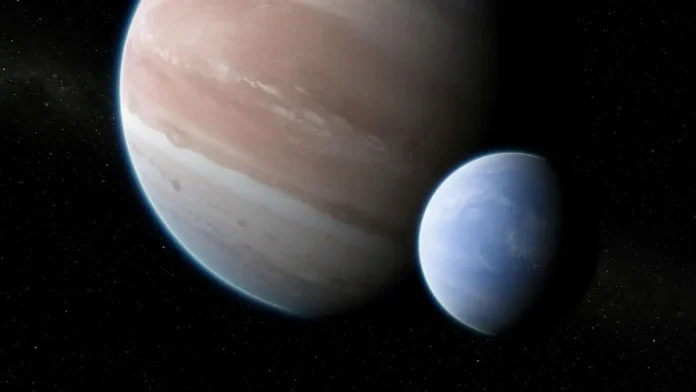In the vastness of the universe, the search for life beyond Earth has long been a topic of fascination and curiosity. Over the years, scientists have dedicated significant time and resources to unraveling the mysteries of the cosmos and uncovering the possibility of life on other planets. And while there have been many breakthroughs and discoveries along the way, a recent development in observational astrobiology has sparked excitement among researchers and space enthusiasts alike.
A group of scientists from various fields, including astronomy, biology, and planetary science, have made a major step forward in the search for extraterrestrial life. Through a series of observations and experiments, they have provided compelling evidence that life may exist beyond our planet. This groundbreaking research has ignited a new wave of hope and enthusiasm in the scientific community, as well as among those who have always been captivated by the idea of life on other worlds.
However, it is important to note that the researchers themselves are cautious about drawing definitive conclusions. They acknowledge that there is still much to be explored and understood before any definitive statements can be made about the existence of life beyond Earth. Nevertheless, their findings have opened up a whole new realm of possibilities and have taken us one step closer to answering one of the most profound questions of humanity – are we alone in the universe?
The research, which was published in the prestigious journal Nature Astronomy, focuses on the search for biosignatures – indicators of life – on other planets. The team used data from NASA’s Cassini mission, which explored Saturn and its moons from 2004 to 2017. They analyzed the chemical composition of Enceladus, one of Saturn’s moons, and found that it contains molecular hydrogen, a key component for microbial life.
This discovery is significant because Enceladus is known to have a subsurface ocean, and the presence of molecular hydrogen suggests that there may be hydrothermal vents on the ocean floor. These vents are known to support life on Earth, and the team believes that similar conditions on Enceladus could also harbor life.
But that’s not all. The researchers also studied the plumes of gas and ice particles erupting from Enceladus’ surface and found that they contain complex organic compounds. These compounds, which are building blocks of life, further strengthen the case for the moon’s potential to support life.
While these findings are promising, the researchers are quick to point out that their study is not conclusive evidence of life on Enceladus. They stress that there could be other explanations for the presence of molecular hydrogen and organic compounds, and further research is needed to confirm their findings. Nevertheless, this marks a significant step forward in the field of astrobiology.
The search for life beyond Earth has been ongoing for decades, and there have been many false alarms and disappointments along the way. But this recent development has reignited the hope and determination of researchers to continue their search. NASA has already announced plans for a new mission, the Europa Clipper, which will explore Jupiter’s moon Europa and its potential to support life.
Apart from the scientific community, this news has also captured the imagination of the general public. People from all walks of life have always been fascinated by the idea of alien life, and this discovery has sparked a renewed interest in space exploration. It has also opened up discussions about the ethical implications of finding life on other planets and how we, as a society, should approach such a discovery.
In conclusion, while there is still much to be studied and understood, this recent development in observational astrobiology has undoubtedly marked a major step forward in our quest to find life beyond Earth. It has given us a glimpse of the possibility of life existing on other planets and reignited our curiosity about the mysteries of the universe. As we continue to push the boundaries of science and technology, who knows what other wonders and answers await us in the vastness of space.


